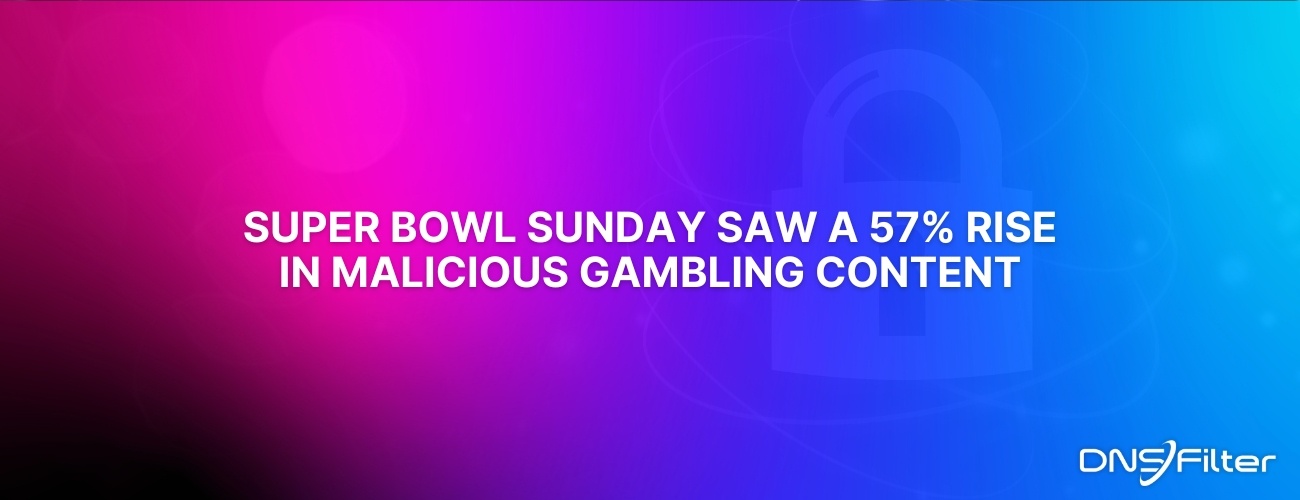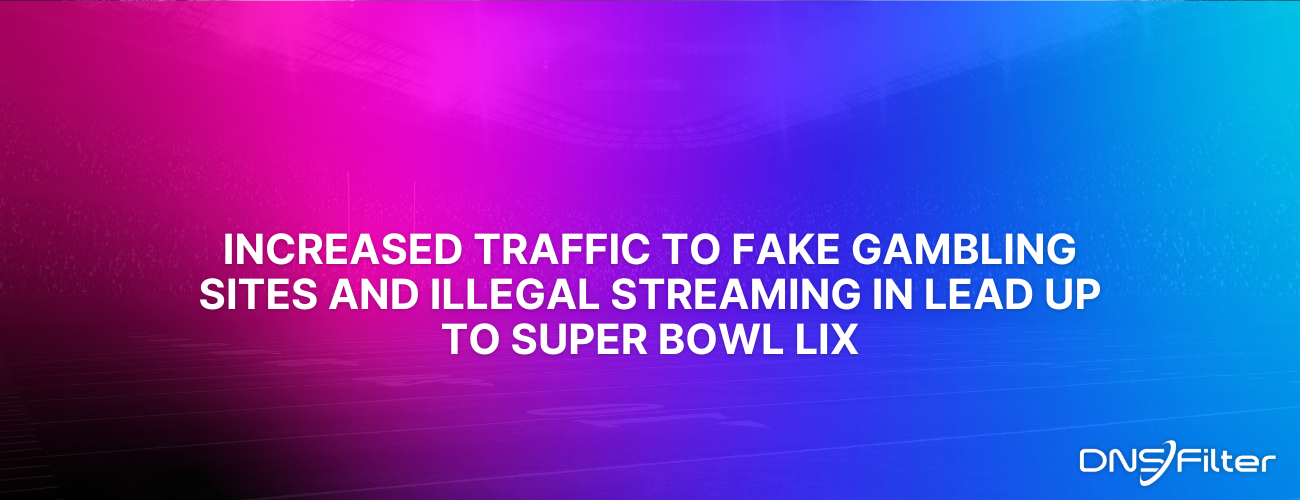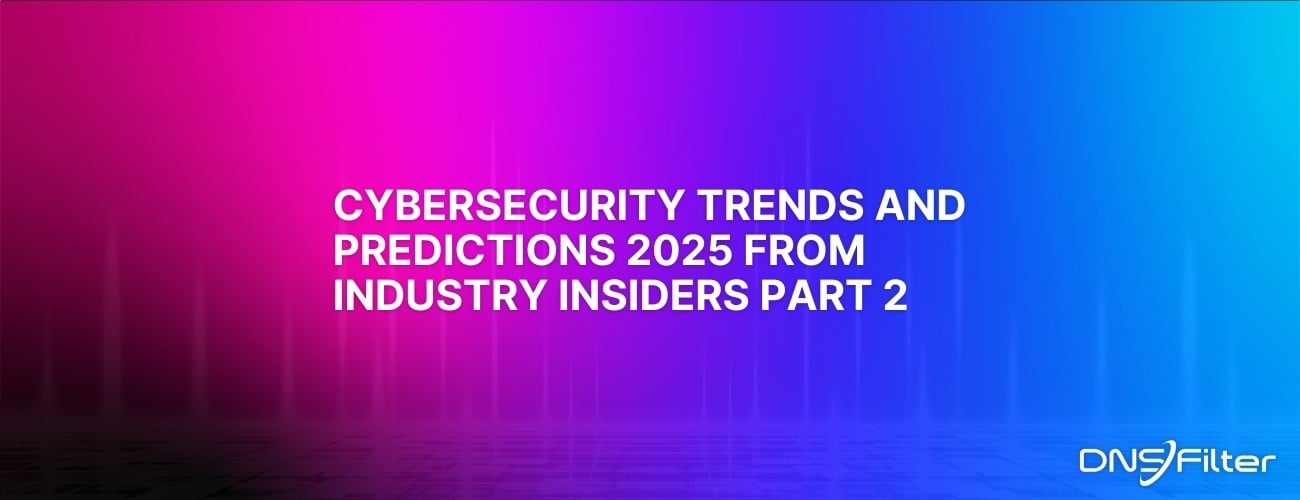by DNSFilter Team on Sep 6, 2022 12:00:00 AM
Every organization has a responsibility to protect valuable resources and keep employees safe, but colleges and universities have even more to protect – students. Yet it can be a tough balancing act to keep students safe while respecting their privacy.
Universities must protect student data, which means complying with various privacy and security regulations, like Gramm-Leach-Bliley for financial aid data, PCI for credit card payments, and even General Data Protection Regulation for students who come from the European Union. Universities also aim to protect students from visiting inappropriate sites or downloading malicious files.
For Indiana Wesleyan University, the gaps in its ad hoc approach to security became apparent about five years ago. That’s when the evangelical Christian university hired its first CISO.
 Super Bowl Sunday Saw a 57% Rise in Malicious Gambling Content
Super Bowl Sunday Saw a 57% Rise in Malicious Gambling Content
A report by DNSFilter found that Super Bowl Sunday saw a 57% rise in malicious gambling and betting content. There was a 15% increase in illegal streaming and torrenting traffic related to fake streaming sites during championship weekend compared to the previous average held between May and December 2024, indicating an escalating risk of security issues tied to streaming during major NFL events.
 DNSFilter Data Reveals Dangers to Fake Gambling Sites and Illegal Streaming In Lead Up to Super Bowl LIX
DNSFilter Data Reveals Dangers to Fake Gambling Sites and Illegal Streaming In Lead Up to Super Bowl LIX
Cybersecurity firm shows spikes in malicious traffic leading up to and during high-profile sporting events
 Part 2: TK Keanini featured in ITPro Today Cybersecurity Trends and Predictions 2025
Part 2: TK Keanini featured in ITPro Today Cybersecurity Trends and Predictions 2025
By 2025, zero trust will be the dominant architecture model, fully replacing outdated perimeter-based models. Security controls will focus increasingly on the workforce and workloads rather than just the workplace, leading to enhanced protection across diverse environments.